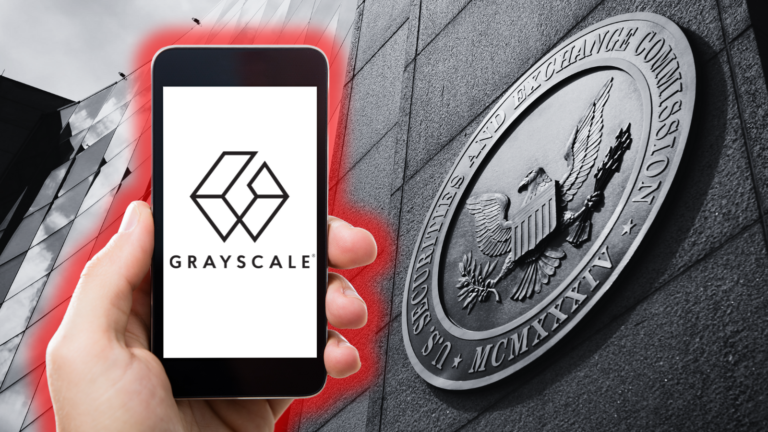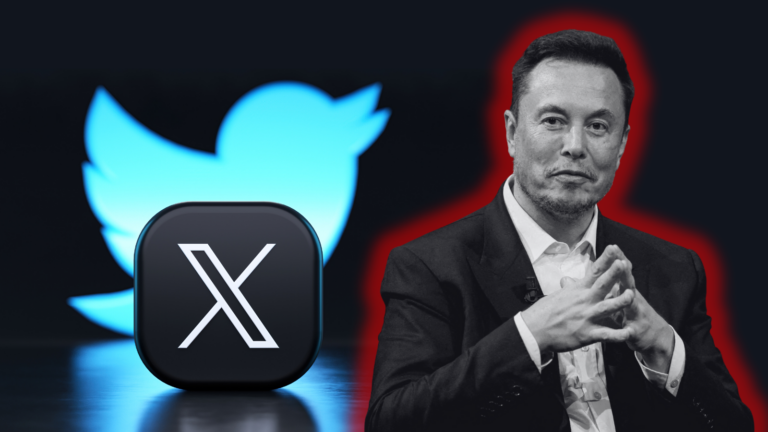
TL;DR: X, the social media platform formerly known as Twitter, has acquired a license in Rhode Island that will allow it to handle, transfer, and trade Bitcoin and other digital assets. This move marks a significant leap towards Elon Musk’s vision for the platform as an “everything app,” one that would potentially include comprehensive communications and a suite of financial services centered around cryptocurrencies.
The Game-Changer: X Secures License for Crypto Operations
It’s not every day that a social media giant steps onto the financial services battlefield. But that’s exactly what happened when Rhode Island granted a license to Twitter Payments LLC, the payment division of the platform now known as X. This move catapults X into the cryptocurrency domain, allowing it to store, transfer, and trade Bitcoin and other digital currencies.
A New Era: Extending Beyond Social Media Interactions
The license isn’t just a shiny new permit. It’s an opening gambit in X’s strategic play to extend beyond 280 characters and into the wallets of its users. Elon Musk, the man steering the ship, has long expressed his ambitions to evolve X into an “everything app.” This means a single platform could soon serve a variety of functions, from micro-blogging and social networking to serving as a financial hub where users can transact, invest, and manage their assets.
Currency Transmitter License: The Regulatory Nuances
The approval from Rhode Island isn’t trivial; it’s a specific Currency Transmitter license that is obligatory for any company desiring to handle cryptocurrencies on behalf of its users. This license extends to a constellation of related services including wallets, payment processors, and exchanges. What this means in plain language is that X has now legally acquired the right to manage digital assets, further solidifying its role as a platform for more than just memes, hashtags, and trending topics.
Perspective: A Multi-Pronged Crypto Ecosystem
Given the extensive reach of the license, one can expect X to roll out a diversified range of cryptocurrency-related services. Future iterations of the platform could integrate features like crypto wallets, peer-to-peer payment options, or even a full-fledged trading exchange. Musk’s interest in cryptocurrencies isn’t new; anyone who has been following him knows how he’s long been a provocateur in the crypto space. Dogecoin, anyone?
Going Beyond the Tweet: What This Means for the Market
The aftershocks of this development could be felt across the broader cryptocurrency market. If X’s crypto-adoption is as comprehensive as it promises to be, we are likely looking at an appreciable uptick in the valuation of various cryptocurrencies. But it’s not just about price. It’s about mainstreaming the use and accessibility of cryptocurrencies, and possibly about setting a precedent for other social media platforms to integrate financial services.
The Larger Landscape: An Intriguing Twist in Corporate Rivalry
It’s worth noting that PayPal, Musk’s former company, has also been carving out its own space in the crypto realm. Could this be a setup for a corporate rivalry of epic proportions? PayPal has already dipped its toes into the stablecoin market and offers its users options for crypto trading and payments. It’s conceivable that Musk is setting up X to be a direct challenger to PayPal in this fast-evolving digital finance landscape.
The Elephant in the Room
As monumental as X’s leap into the world of cryptocurrencies might be, the move also evokes critical conversations around the notion of custodianship and self-sovereignty. Yes, X’s newly acquired license might onboard millions into the Web3 ecosystem, but the proverbial caution sign shouldn’t be missed: Not your keys, not your crypto.
The FTX Wake-Up Call
The ripples of FTX’s downfall in November 2022 are far from settled, and one mantra has resonated across the cryptosphere: “Not your keys, not your coins.” To unpack this, let’s take a brief detour down the rabbit hole. The phrase signifies that if you don’t control your private keys — the cryptographic sequence that proves your ownership of crypto — you don’t really own your holdings. When an entity like FTX controls those keys, your financial assets are at the mercy of their operational integrity. The collapse of FTX serves as a chilling case study: those who entrusted the exchange with their keys found themselves ensnared in a liquidity crisis they had no control over.
Custodianship: A Double-Edged Sword
It’s known as self-custody: the practice of managing your own private keys via web or mobile wallets for minor holdings and hardware wallets for more significant ones. In the rise of crypto’s mainstream adoption, many users are willingly relegating this responsibility to centralized services like exchanges and investment managers. This may offer the allure of simplicity but comes with its share of risks.
The law even has something to say about this. Take, for example, the 2020 California court case, Archer v. Coinbase. The verdict ruled that Coinbase was under no obligation to disburse Bitcoin Gold that could’ve been generated from a user’s Bitcoin holdings, further underlining that when you don’t control your keys, you’re not the true owner of your assets.
The Dilemma: Mass Adoption vs. Individual Sovereignty
While some argue that the “not your keys, not your crypto” ideology may impede mass adoption, the essence of the argument leans towards preserving the core values of the cryptocurrency movement: decentralization and individual sovereignty. When we give up control over our private keys, we’re essentially compromising on these principles, leaving ourselves vulnerable to a variety of risks.
As we tread into this uncharted convergence of social networks and digital finance, remember: becoming a digital citizen in this rapidly morphing world involves more than just opening an account and making a few clicks. It entails understanding the essence of digital assets and the importance of safeguarding them. While seamless platforms may promise the moon, the responsibility to anchor ourselves securely on digital terra firma rests squarely on our own shoulders. The era of holistic digital ecosystems may be upon us, but so is the age of enlightened digital self-governance. Welcome to the new frontier.
Thank you for reading “The Game-Changer: X Secures License for Crypto Operations“.
- Subscribe to our newsletter: ConsensusProtocol.org
- Follow us on Twitter: @ConsensusPro
Sources
- X now has a license for crypto payments and trading in the US
- Elon Musk’s X Secures License for Crypto Payments
- X Obtains Regulatory Approval To Deal in Crypto Transactions
- Twitter-X secures license for crypto payments and trading
Recent Stories

The Game-Changer: X Secures License for Crypto Operations
TL;DR: X, the social media platform formerly known as Twitter, has acquired a license in Rhode Island…

The Gadsden Flag Controversy: A Call to Revisit Free Speech
TL;DR: A 12-year-old student was kicked out of class for wearing a Gadsden flag patch, which the school…

The Landmark Victory for Grayscale and the Crypto Sector: A Precedent for the Future?
TL;DR: A U.S. appeals court recently overturned the SEC’s decision to deny Grayscale Investments’ application…

The ‘Everything App’: Elon Musk’s Grand Vision for a New Crypto-Friendly Twitter
TL;DR: Rumors and leaks suggest that tech billionaire Elon Musk is considering turning his social media…
No posts found
